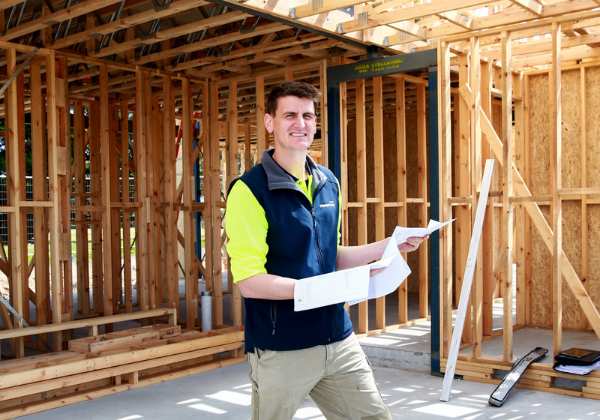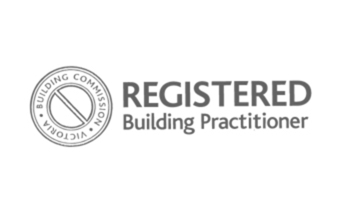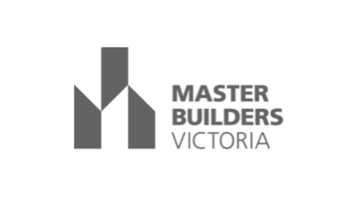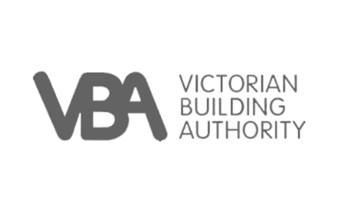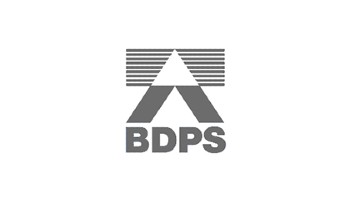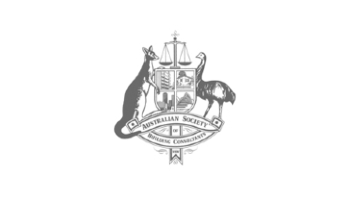What is the difference between a Building Surveyor’s inspection and an Independent Quality Assurance Inspection?
When building, we can either put all our faith into the builder and their quality control measures or we can take some of the control back and engage independent advice.
A common misconception from new homeowners is that a Building Surveyor will ensure the overall quality of their build, including contractual specifications. This is in fact not the case.
As the Australian Institute of Building Surveyors (AIBS) states, Building Surveyors “have a statutory responsibility for ensuring buildings are safe to occupy, energy efficient, accessible, and meet all legal requirements. They review, analyse and assess plans for compliance to current standards, conduct inspections and issue relevant legislative permits, certification and approvals”.
While a Building Surveyor will conduct inspections at ‘mandatory notification stages’ to ensure the building work satisfies minimum requirements of the relevant legislation i.e. Building Act 1993, Building Regulations and the Building Code of Australia, they are not responsible for ensuring the building work is carried out to an acceptable standard of workmanship. In short, Surveyors work towards the compliance of the build – not so much the quality.
Those who have spent years saving to build a new home, months planning for it and countless hours dreaming about it, obviously want the confidence that it will be built to an acceptable standard that will ensure less problems in the future. This is where independent building inspections for Quality Assurance are vital.
Private building inspections at each stage ensure quality control on site and give peace of mind to owners. While it does depend on who is engaged to complete the Quality Assurance audits, these inspections are typically more thorough than those of a Building Surveyor due to the differing roles and nature of the services. Whilst there are some overlap of items inspected, there are significant differences.
Some examples of different items checked:
- Pre-pour stage: Our independent inspection involves dimension and pipe location checks. While Building Surveyors/Building Inspectors check set-backs, the responsibility is up to the builder/contractors to ensure correct dimensions.
- Frame stage: Our independent inspection will check walls are plumb (level). Building Surveyors/Building Inspectors do not check this as its the responsibility of the builder/contractors.
- Pre-plaster stage: There are no mandatory inspections required to be completed by a Building Surveyor/Building Inspector at this stage. Our independent inspection checks that services installed by other trades have not affected the structural integrity of the frame for example holes/notches through load bearing walls. We check that the house is adequately sealed and ready for plaster installation, we check that walls are straight and within tolerances with the VBA’s Guide to Standards and Tolerances.
- Waterproof/Fix stage: There are no mandatory inspections completed by a Building Surveyor/Building Inspector at this stage. Our independent inspection checks that waterproofing has been installed as per the National Construction Code/ABCB Housing Provisions. The fix component flags potential re-work items for the carpenters that would cost time if identified at the final inspection, including architrave installation, visible bows in walls and cornice lines etc.
- Final stage: Building Surveyors/Building Inspectors may complete a 10-30 minute inspection and can rely on a number of certificates from the builder that elements are in accordance with relevant standards. On average, our Final independent building inspections take between 4-6 hours and are based on an extensive checklist format to ensure consistency.
Other elements that differentiate a Building Surveyor/Building Inspector’s and Independent Quality Assurance Inspector’s role include items in the contract and specification. This is important to ensure you are getting what you paid for, examples include:
- Manufacturers installation requirements of products
- Overhand laying brickwork on garage boundary due to neighbouring building – no neighbouring building blocking access
- Generator hire when power is already connected to site
- Black tile trims in lieu of chrome – difficult and expensive to rectify
- 40mm stone bench compared to 20mm stone finish
- Cold water point for fridge
- Gas point for future BBQ/Heater
- Noggings installed for future ceiling fans, pendant lighting, T.V.’s, grabrails etc.
Keep in mind that inspection services differ between businesses so be sure to ask the right questions before making your selection:
- What are the qualifications of the individual that will be completing the inspection?
- Do you have a dedicated Assessor throughout the job?
- What are the specific items that will be inspected at each stage?
- How long does each inspection take?
- We’ve listed some more important questions.
Independent building inspections by Manse Group are conducted by Registered Building Practitioners and who are very experienced in a wide variety of aspects in the building and construction industry.
Want more information?
Contact our friendly team about your build.


